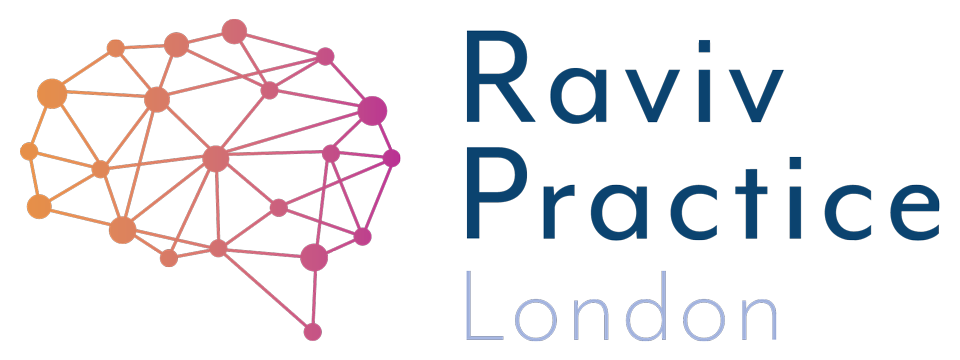
Blog
Usha Patel, Neurocognitive Therapist and Director of Raviv Practice London shares her first-hand experience of working with children /adults and the latest research and upcoming events in her series of blog posts.
How can we address post-pandemic education gaps in our children?
Many children missed key developmental milestones during the pandemic. This blog explores how working memory impacts learning and what parents can do to support children struggling to keep up, especially those affected by disrupted early education.
Why is my child always getting so angry and frustrated by everyday tasks?
Poor emotional regulation can obstruct progress, stopping us from achieving our goals. Most adults will find a way to regulate their emotions for the majority of the time, but children need to learn how to navigate their emotional states as they grow. Most of the time, this is all perfectly normal and you will find a way to address it naturally as your child develops.
What is working memory, and why is it so important?
What is working memory, and why is it so important? If your child has difficulties following instructions, is challenged with mental maths or reading comprehension understanidng working memory is the first thing you need to learn about.
When Dyslexia doesn’t feel like much of a “gift”
For a long time, dyslexia/neurodivergence was poorly understood in education, and only seen in terms of the challenges it created for both those in more old-fashioned schools and those trying to teach them with outdated methods. It can be called many things: being easily distracted, having poor executive function skills or having poor working memory.
Why can my child not learn the alphabet?
Does your child find it hard to remember the order of the alphabet? Understanding sequencing and executive function skills is key. In this blog, learn how movement, games, and hands-on activities can help them master the ABCs.
How changing habits can aid concentration
Struggling with focus or distraction? Building small, positive habits could be the key to better concentration. Discover how cues, routines, rewards and identity-based changes can make lasting improvements in your child’s attention and executive functioning.
Is your child able to stay on task?
Can your child sit still and do their homework without constant reminders to stay on task? If this is a challenge, they may benefit from developing their Executive Functioning Skills (EFS).









